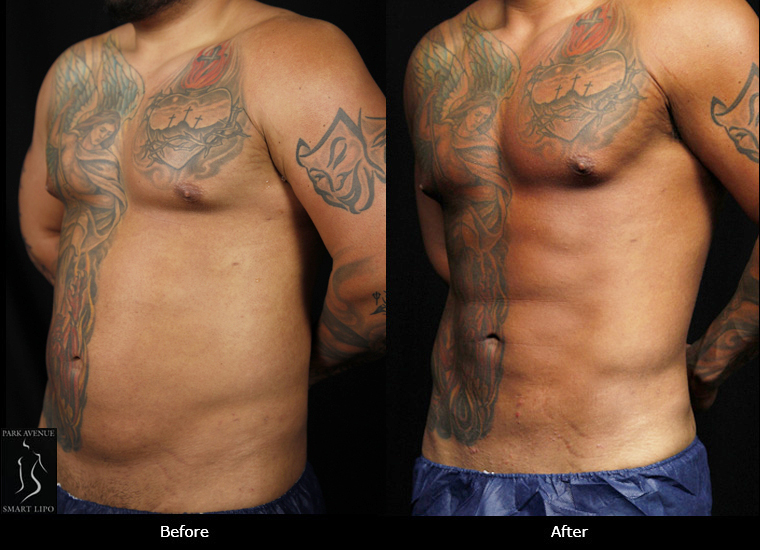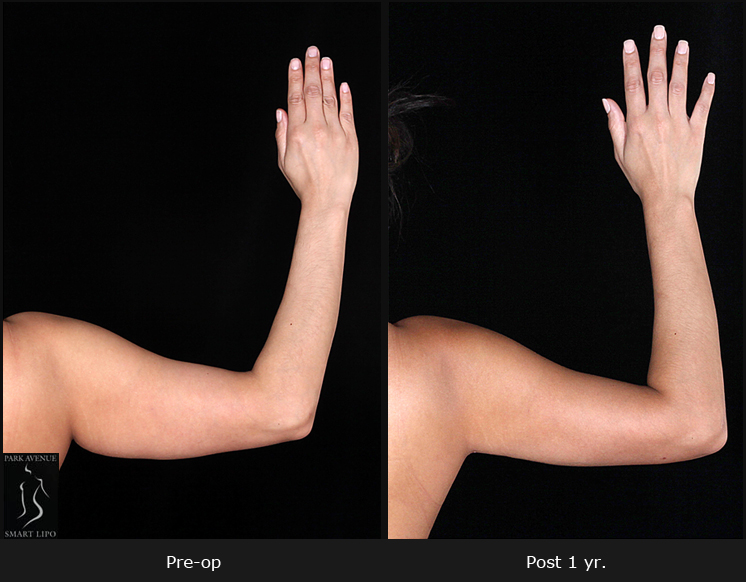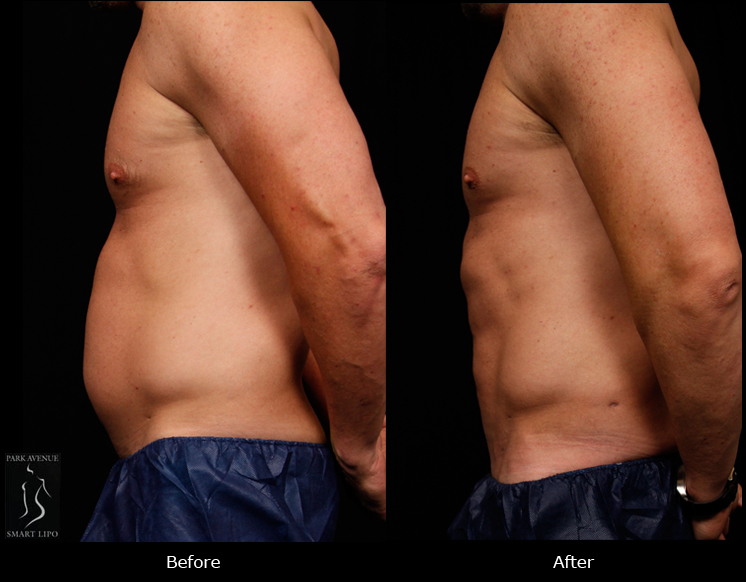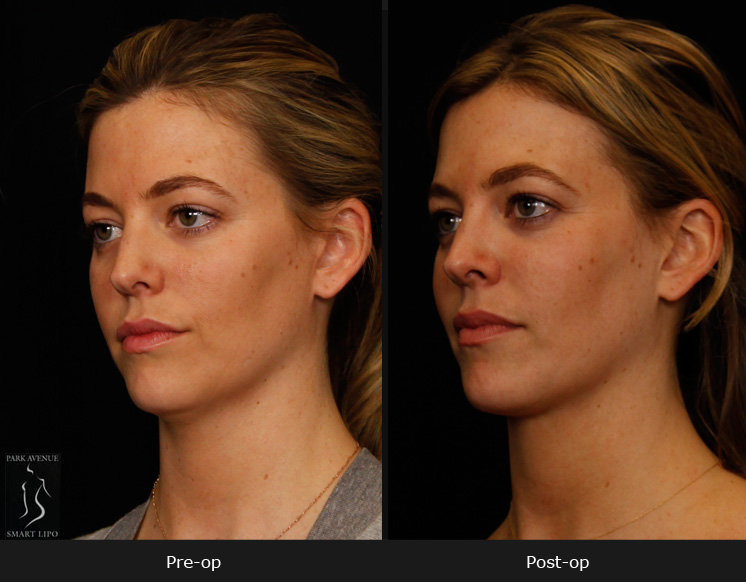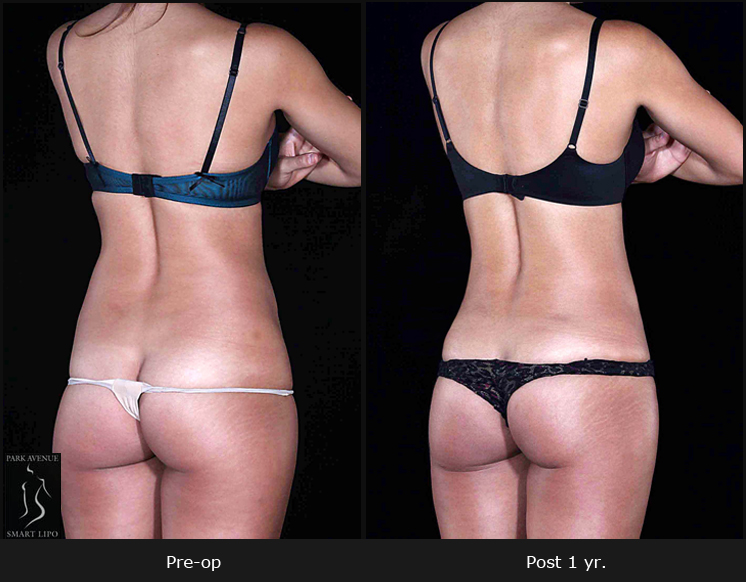One of the most popular cosmetic surgical procedures, liposuction in NYC helps men and women achieve a slim, attractive physique when rigorous dieting or exercise have failed to provide the desired results. Whether your goal is a smaller waist, slimmer thighs or slender arms, a skilled Manhattan liposuction surgeon can provide natural looking outcomes.
Liposuction diminishes stubborn localized deposits of fat and sculpts the body to provide a toned look. Every surgery has its own risks and complications, and it’s important that patients are well-informed before they take the life-changing decision to have plastic surgery. Here are the dos and don’ts of liposuction treatment:
What you should do:
- Proper research: It’s very important to do your research before undergoing liposuction or any other cosmetic procedure. Learn as much as you can about the treatment from reliable sources. Liposuction is a body sculpting procedure designed to remove unwanted fat from areas such as the chest, abdomen, arms, thighs, hips, back and so on. It’s not a weight loss procedure and you should have realistic expectations about the outcome.
- Maintain a healthy lifestyle: Make sure you eat healthy and exercise regularly before and after the treatment. Maintaining a healthy lifestyle is very important to experience the best results. Patients should strive to be as close as possible to their ideal weight and look to treat stubborn trouble spots.
- Know your plastic surgeon: Choose an experienced liposuction surgeon who can provide safe and effective treatment. A skilled surgeon can provide attractive outcomes using the latest technologies. You should be comfortable discussing your concerns with the surgeon. It is of utmost importance that you approach a reputable accredited plastic surgery practice that will provide end-to-end care.
- Understand your options: Technological advancements have improved the outcomes and safety of liposuction surgery. They are various body contouring options: ultrasound-assisted liposuction (UAL), power-assisted liposuction (PAL), laser-assisted liposuction (LAL), and VASER-assisted liposuction (VAL). It’s important that you speak with your surgeon to choose the right procedure.
- Follow your surgeon’s post-operative directions carefully: This is important to minimize the risk of complications after the procedure. Moderate physical activity such as light walking after surgery may reduce the risk of clotting. Also, compression garments should be worn around the treated area to reduce swelling.
What you shouldn’t do:
- Don’t hesitate to ask questions about the procedure: Ask your surgeon questions to clarify anything that you have not understood. Discuss possible risks and complications, duration of the procedure, post-operative care including downtime and side effects such as bleeding and pain, contour irregularities, and risks of infection. This will help you make a proper assessment of the procedure and take an informed decision as to whether to go ahead or not.
- Don’t keep your allergies or medications a secret. Your surgeon will evaluate your candidature for the treatment and may require you to get medical clearance if you have any serious concerns.
- Don’t assume that all body areas are liposuction treatable and that you can have multiple procedures to treat various areas.
- Don’t expect to look “skinny” the day after surgery. The final result will visible only after few months.
These tips combined with the personalized advice on pre-op and post-op care provided during your consultation can help make your NYC liposuction experience a comfortable and satisfying one.

